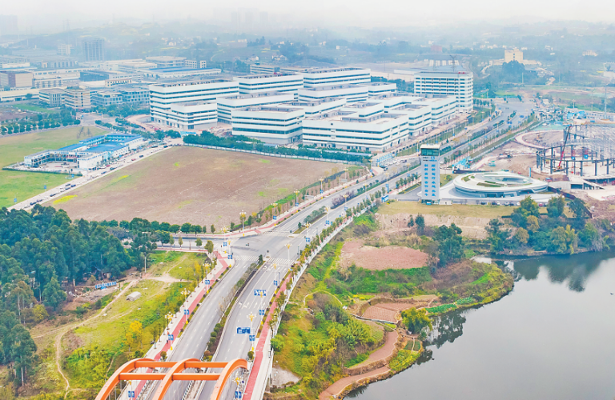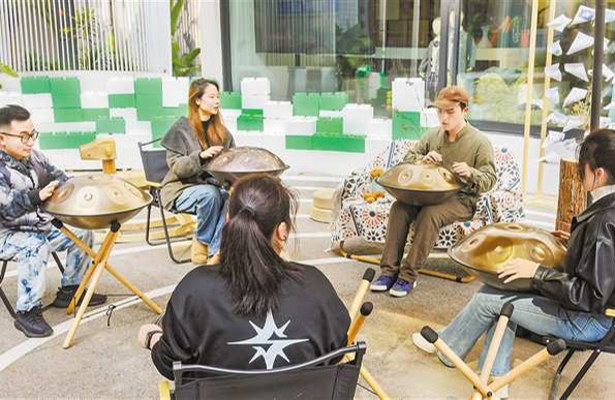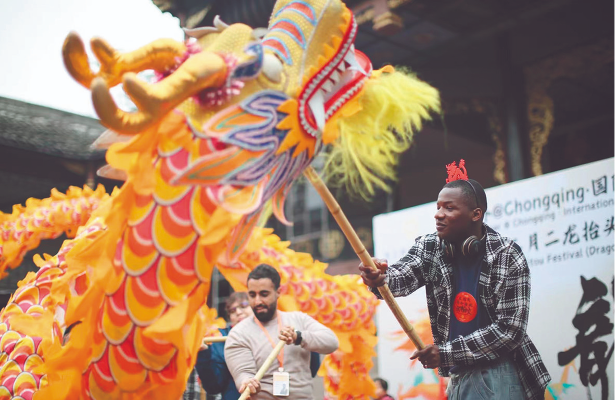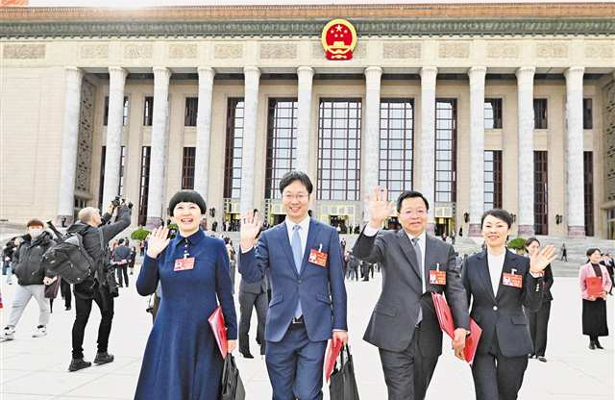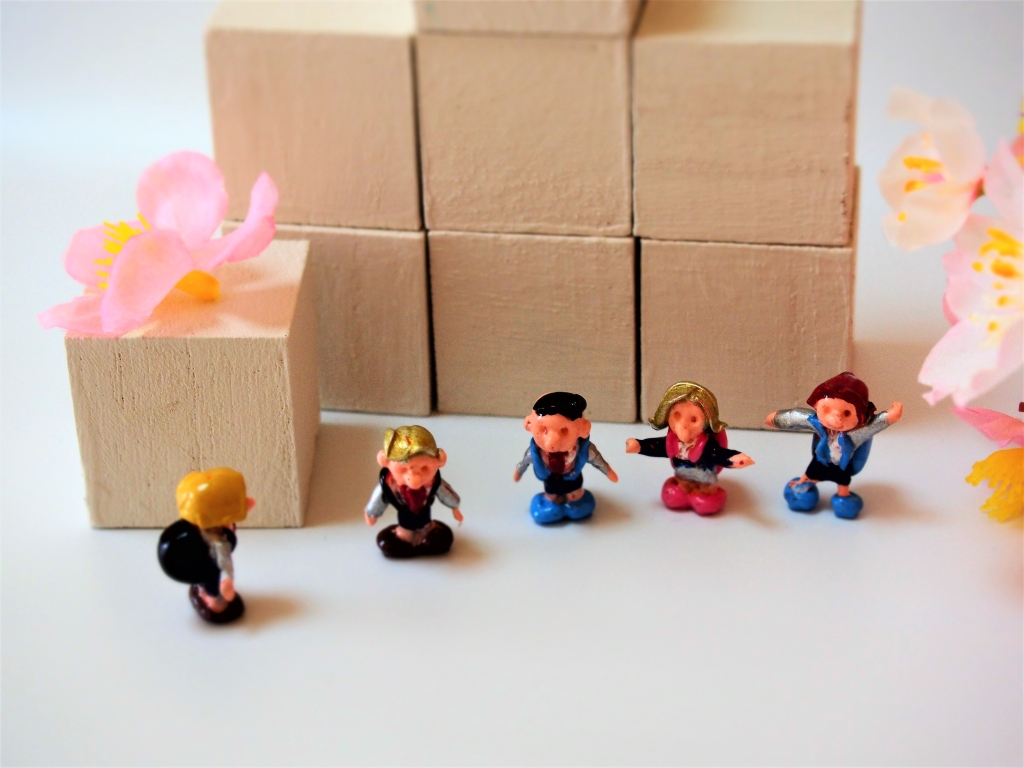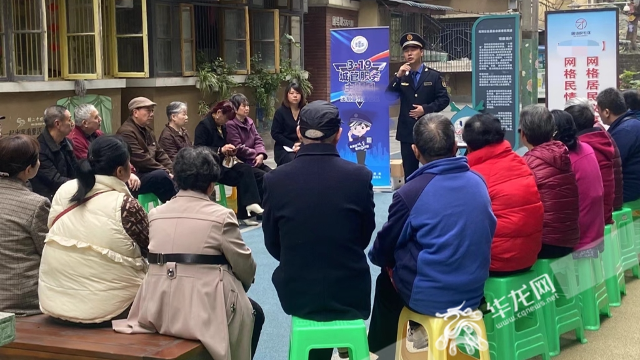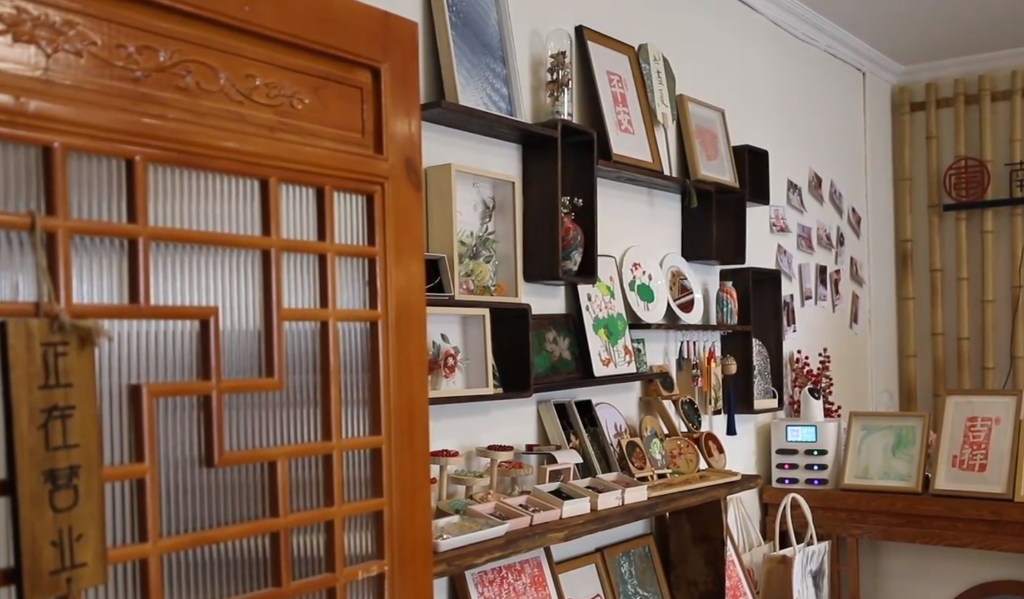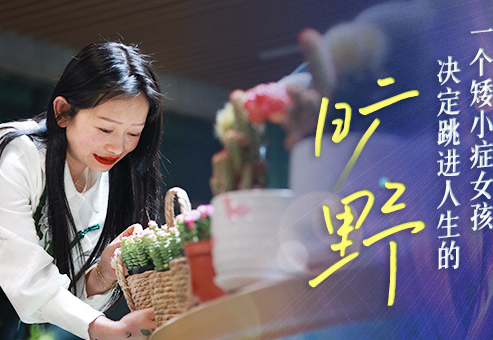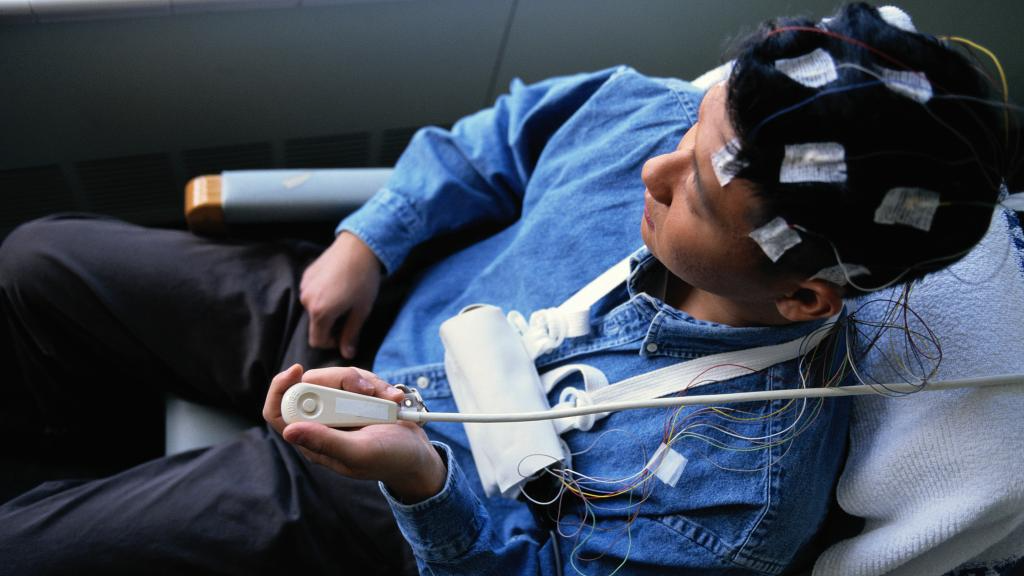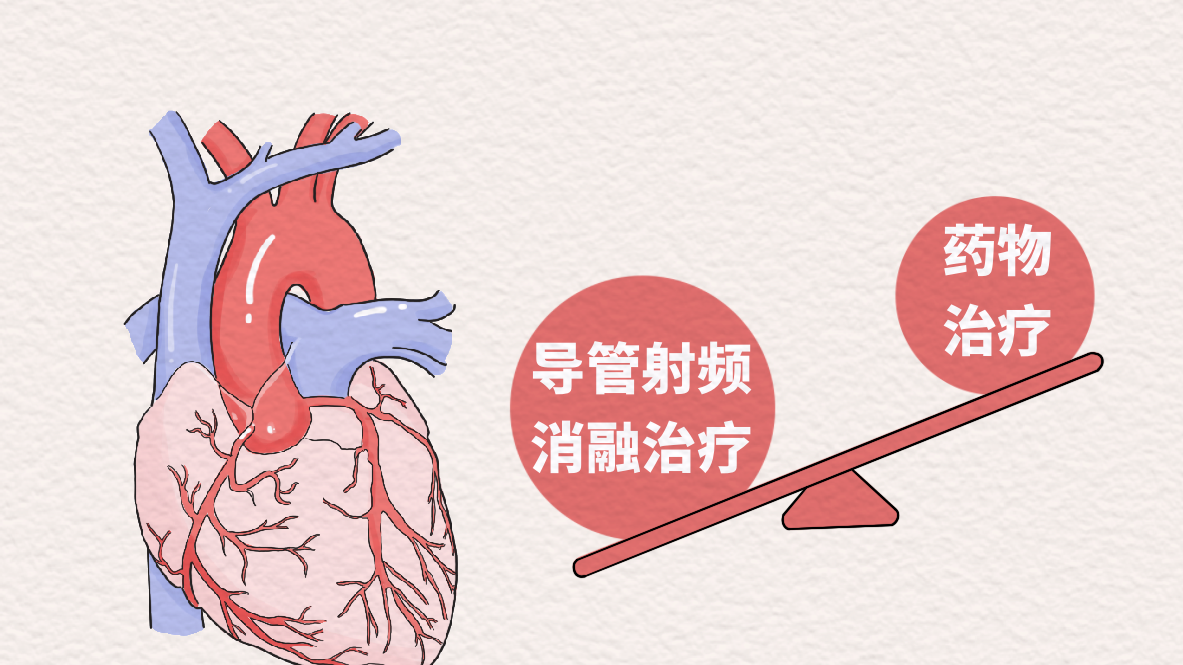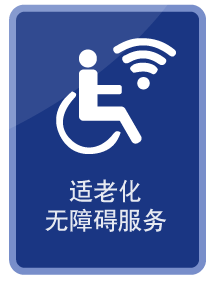CQ Doctors' Foreign Aid Diaries | Zhou Qin: "Dr. Qin" worths million words
CHONGQING (CQNEWS) -- "The Chinese medical team has been providing humanitarian medical services to Papua New Guinea for 16 years," said Chinese President Xi Jinping during his first state visit to the country in November 2018.
The Chinese medical team is from Chongqing. Entrusted by the central government, Chongqing has been sending Chinese Medical Aid Team to Papua New Guinea independently since 2002.
For the one-year anniversary of Xi's visit to PNG, Chongqing sends the tenth medical aid team to PNG, the medical exchange and cooperation between China and the South Pacific Region is also into the tenth time cycle, CQNEWS and Post Courier, the mainstream media of PNG, jointly launched a special report, "CQ Doctors' Foreign Aid Diaries".
What happened in the medical team? Let’s take a look at their foreign aid diaries.

Zhou Qin (second from the right) and foreign doctors (Picture provided by the interviewee)
"Although I have returned from Papua New Guinea for many years, my current work is still closely related to foreign aid." In early November, Dr. Zhou Qin gave an interview to the CQNEWS in the Obstetrics and Gynecology Department of the First Affiliated Hospital of Chongqing Medical University.
In recent years, a number of doctors from Barbados and Papua New Guinea have come to study at the Hospital. As an obstetrician and gynecologist who has travelled to PNG twice for medical aid, Zhou is naturally one of the mentors.
In 2002, entrusted by the Chinese government, Chongqing sent the first medical team to PNG. It was the first Chinese medical team that China sent to the South Pacific region, including Zhou and nine others.
When they first arrived in PNG, Zhou and her Chinese colleagues were placed in various departments at Port Moresby General Hospital. At that time, because every essential department had already had doctors from other countries' foreign aid medical teams as the backbone, these newcomers from China were not welcomed. Some of them even had difficulties doing clinical work.
When Zhou walked into the Department of Obstetrics and Gynecology for the first time, she was completely shocked: because PNG encourages fertility, the birth rate is quite high here. The department had only 24 obstetric beds in total, but they were never enough. Some mothers sat there and gave birth to their babies. Some even went into labor on their way to the hospital. As a result, the Department of Obstetrics and Gynecology was the busiest of all departments in the hospital, and many doctors were too busy to take a break.
At first, the department director was reluctant to give her work. As they got to know each other, the director tentatively let Zhou to have an extremely common caesarean accompanied by an Australian doctor.

Zhou Qin talked with a local patient. (Picture provided by the interviewee)
Zhou successfully did her job using her excellent skills. She made the wound as small as possible with little bleeding, and finished the operation astoundingly fast. This was surely enough to impress Zhou’s peers and the patients.
As more operations coming in, the department leader let go of his previous "arrogance", allowing Zhou to grow into the backbone of the department. Local press reported extensively on Zhou, describing her as "an angel of love with magical hands".
"I was very proud when they all called me 'Dr. Qin!” Zhou recalled.
In 2013, as the captain of the sixth foreign aid medical team, Zhou went to PNG for the second time. In addition to rampant malaria, dengue fever and other infectious diseases, the rate of HIV infection was also very high in PNG.
"We had HIV carriers coming in almost every day," said Zhou. "But as doctors, we don't get to choose our patients. We must help them regardless of their conditions."
But what happened on that day still gives Zhou a heart attack.
On November 6, 2013, Zhou had an accident during the operation. A drop of HIV carrier's blood spilled into her eyes.
"I had three operations on that day. The first one went well. During the second operation, however, a drop of blood spilled into my eyes because of the surgical assistant's momentary negligence. As a precaution, the hospital gave the patient a blood test with her consent.
A few days later, Zhou had the report in her hands. She felt her world was falling apart. “HIV POSITIVE.” Zhou said, "this meant that I had a 0.3 percent chance of infecting HIV."
After a series of expert consultation, Zhou decided to receive the HIV blocking treatment. In the following month, she had to take blocking medicines on a daily basis, and to check her health condition regularly. Blocking medicines for HIV had serious side effects. In just a few days, Zhou suffered from trance, finger numbness, muscle twitching, etc. Despite all of that, Zhou insisted on practicing medical assistance in PNG.
A month later, Zhou was tested for HIV. The results proved that she was not infected. In order to give out final diagnosis, Zhou had to do multiple stage reviews in one year after she stopped the medicine.

Zhou Qin has returned to First Affiliated Hospital of Chongqing Medical University.
In the beginning of 2014, Zhou returned home for inspection. Only then did she tell her husband about it.
"Although so many years have gone by, my feelings about PNG have never changed," said Zhou. "One foreign aid leads to a life-long foreign aid bond. I'm proud to contribute my part in China's foreign-aid missions."
086456ab-bec7-4822-8027-638f9a37df17.jpg)

 无障碍
无障碍
 手机阅读分享话题
手机阅读分享话题 亲爱的用户,“重庆”客户端现已正式改版升级为“新重庆”客户端。为不影响后续使用,请扫描上方二维码,及时下载新版本。更优质的内容,更便捷的体验,我们在“新重庆”等你!
亲爱的用户,“重庆”客户端现已正式改版升级为“新重庆”客户端。为不影响后续使用,请扫描上方二维码,及时下载新版本。更优质的内容,更便捷的体验,我们在“新重庆”等你!
